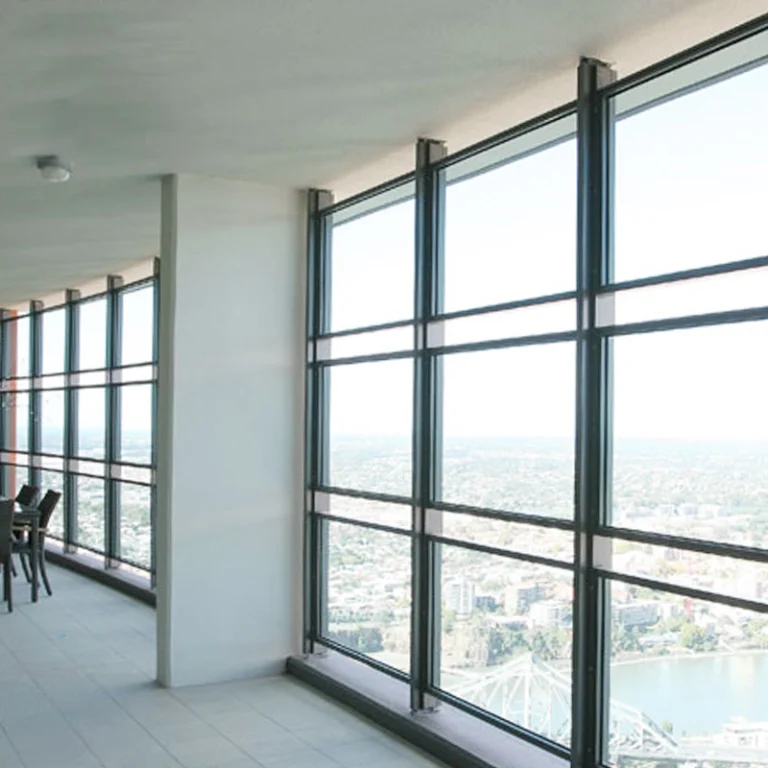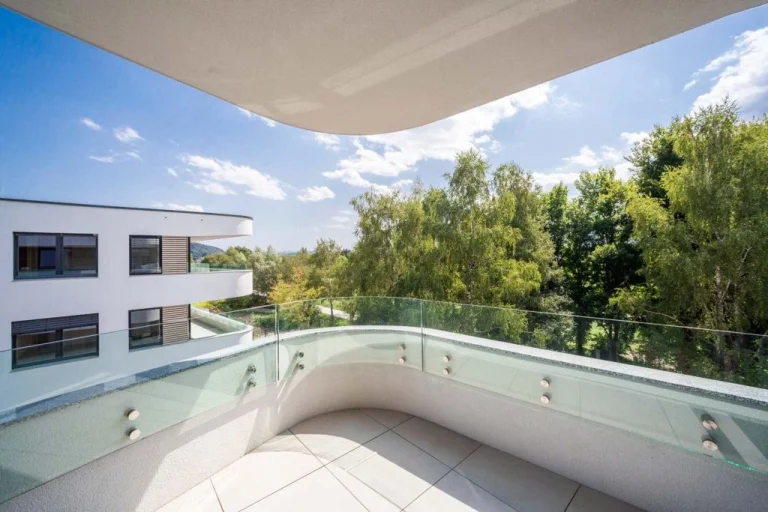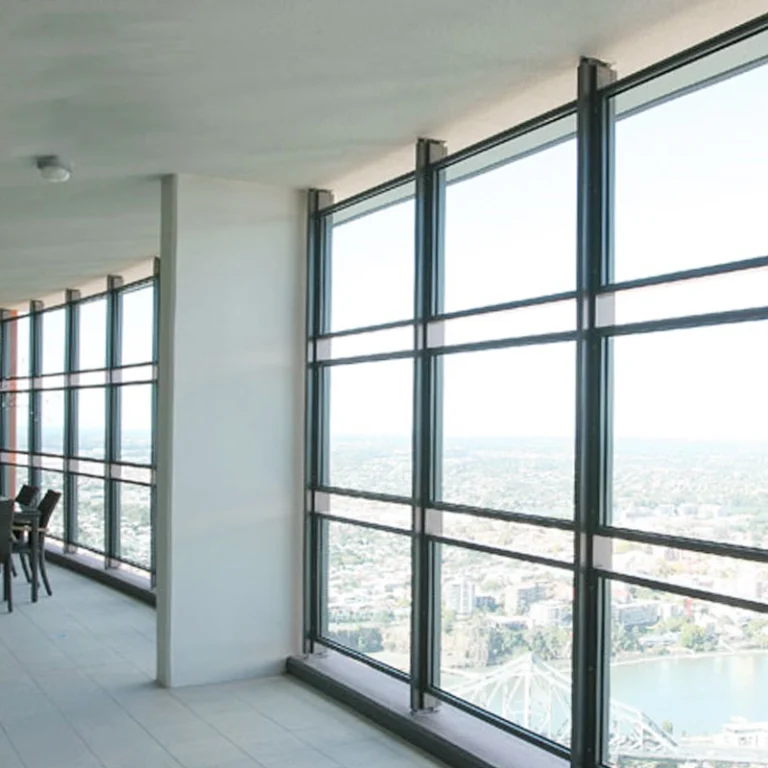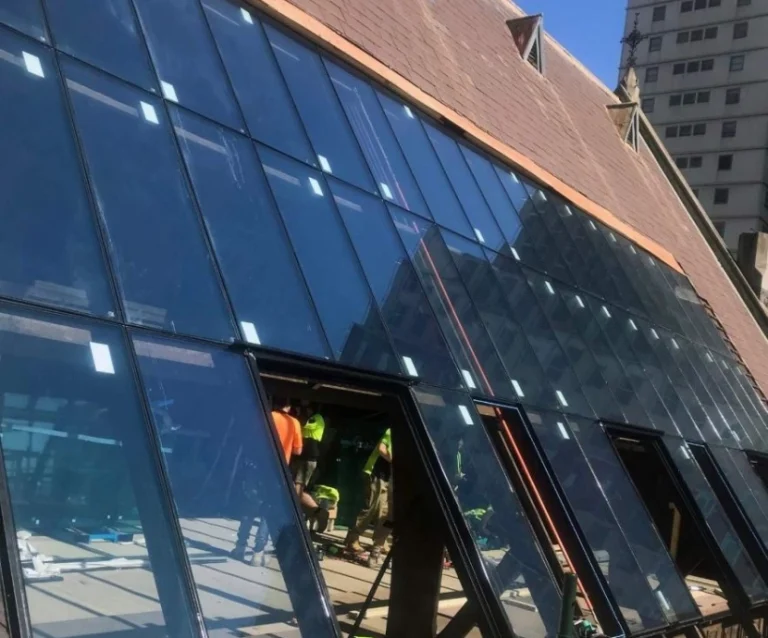Comparing Laminated Glass and Tempered Glass for Residential Use
Key Differences Between Laminated Glass and Tempered Glass
Choosing glass for your house? It’s not always easy. You’ve got laminated glass and tempered glass to pick from. Let’s break down what makes them different so you can choose smart.
Laminated glass is like a sandwich. Two or more glass sheets get stuck together with a special layer—usually PVB or EVA—in the middle. If it gets smashed, that layer holds the broken bits tight, keeping things safe. Landson Glass makes awesome laminated stock, and it’s got SAI Global certification.
Tempered glass, totally different vibe. They heat regular glass up super hot, then cool it down fast. That makes it crazy tough—way stronger than normal glass. If it breaks, it turns into tiny, round chunks that won’t cut you up as bad as sharp shards.
How Each Type of Glass Responds to Impact and Stress
Tempered glass is a beast when it comes to taking hits. It’s like four or five times tougher than regular glass of the same size. But here’s the catch: if it does break, it’s done—falls apart into those little bits.
Laminated glass responds differently. While it may crack upon impact, the inner interlayer keeps the structure intact. This makes it ideal for situations where maintaining a barrier after breakage is crucial.
Safety Features of Laminated Glass and Tempered Glass
Both kinds of glass are safe, but they’ve got their own tricks. Laminated glass keeps broken pieces from flying around, thanks to that middle layer. Take Rice Paper Laminated Glass—it’s got a cool design and still keeps you safe. Perfect for stuff like indoor walls or shower screens where you want it to look nice but stay tough.
Tempered glass can handle hard knocks and hot or cold swings. But once it’s toast, it doesn’t stick together.
Benefits of Laminated Glass in Home Applications
Enhanced Security and Break-in Resistance
One of the most valued features of laminated glass is its ability to deter break-ins. Even if struck repeatedly, laminated panels remain largely intact due to their layered construction—delaying or preventing unauthorized entry.
Landson Glass pumps out top-notch laminated stuff with two fancy laminating lines. Their products follow safety rules in Australia, New Zealand, and Europe. Great for front doors or windows down low where you need extra protection.
Sound Insulation Capabilities
Got a noisy street outside? Laminated glass has your back. That layer in the middle soaks up sound waves, keeping things quiet inside. It’s a lifesaver if you’re near a busy road or a loud neighborhood.
Landson Glass offers cool options like PVB (Architectural & Acoustic), SG®, and Acoustic layers. You can pick what works best to make your home feel like a quiet hideout.
UV Protection and Energy Efficiency
Laminated glass can block up to 99% of those pesky UV rays with the right layers. That means your furniture won’t fade as fast. Plus, it keeps out extra sun heat, so your house stays cooler. Who doesn’t love saving on AC bills in sunny spots?
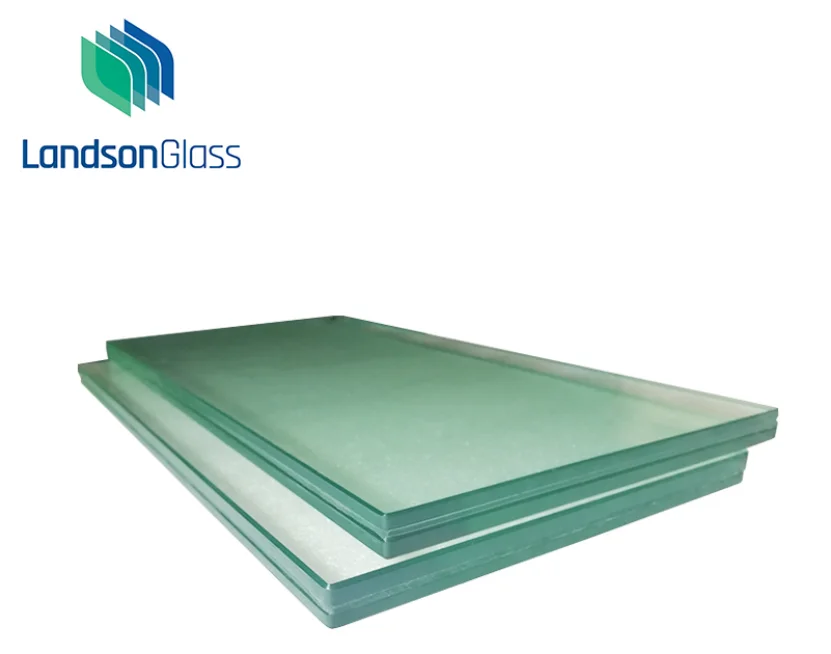
Advantages of Choosing Tempered Glass for Your Home
Strength and Durability Under Pressure
Tempered glass excels in strength and durability under physical stress. Its manufacturing process ensures it can withstand wind loads, accidental impacts, and even minor seismic activity—making it suitable for exterior applications like balcony railings or large picture windows.
Landson’s tempered glass is solid as a rock, holding up in rough conditions because of their great quality.
Heat Resistance and Thermal Performance
A standout benefit of tempered glass is its resistance to temperature fluctuations. It can endure rapid changes without cracking—a must-have feature for kitchens or areas exposed to sunlight.
Take DecoGlass—it can deal with temperature swings up to 250°C. It’s awesome for screen-printed ceramic fritted tempered glass from Landson Glass. Works like a charm every time.
Common Uses of Tempered Glass in Residential Settings
You see tempered glass all over in homes. Think frameless shower doors, sliding patio doors, skylights, or balcony rails. It looks sleek and checks all the safety boxes.
Factors to Consider When Choosing Between Tempered vs Laminated Glass
Application Areas: Doors, Windows, Balustrades, and More
Where you’re putting the glass matters a ton:
- Doors: Laminated glass is your buddy for extra safety.
- Windows: Laminated cuts down noise. Tempered is great for big windows.
- Balustrades: Tempered glass got the strength to hold up.
- Partitions: Want something pretty? Rice Paper Laminated Glass looks awesome and stays safe inside.
Local Building Codes and Safety Regulations
Before you slap up some glass, check your local rules. Some places say you gotta use laminated glass for stairwells or high-up spots because it sticks together when broken. Others might want tempered glass where handling hits is the big deal.
Landson’s stuff meets Australia and New Zealand standards, so you’re covered for inspections. No stress there.
Budget Considerations and Long-Term Value
Tempered glass is usually cheaper upfront. But if it breaks, you’re replacing the whole thing. Laminated glass might hit your wallet harder at first, but it’s a money-saver down the road. It blocks UV rays, keeps things quiet, and can cut energy costs.
Professional Recommendations for Homeowners Choosing Between Laminated Glass and Tempered Glass
When to Use Each Type Based on Functionality and Location
Here’s the deal on when to use what:
Pick laminated glass for:
- In street-facing windows
- For improved acoustics
- Where UV filtering matters
- In decorative settings like Tinted Laminated Glass applications that blend function with aesthetic appeal
Go with tempered glass for:
- In bathrooms (e.g., frameless showers)
- For balcony railings
- On sliding patio doors
- Where heat exposure is frequent (e.g., kitchens)
Working with Certified Installers for Optimal Results
How the glass gets put in makes a huge difference. It affects stuff like keeping out heat or noise. Hire pros who know what’s up. Landson Glass gives tips and training to make sure their laminated and tempered glass goes in just right.
Australia Landson Glass (QingDao) CO., LTD. has custom sizes and finishes for both laminated and tempered glass. They’ll hook you up with exactly what your project needs.
Frequently Asked Questions (FAQ)
What’s the main difference between tempered vs laminated glass?
Tempered glass gets heated to be super tough. But if it breaks, it turns into little bits. Laminated glass has two sheets with a film in between. Crack it, and the film keeps things together, making it safer.
Is laminated or tempered better for home windows?
Laminated glass is awesome for windows near noisy streets or where break-ins are a worry. It keeps things quiet and secure. Tempered glass is better for big windows that deal with wind or heat swings.
Does either type help reduce noise?
Laminated glass wins at keeping things quiet. That middle layer stops sound waves, which is great for homes near airports or busy roads.
Which one lasts longer?
Both can last forever if you install them right. But laminated glass has extra perks, like blocking UV rays, which keeps your stuff nice and saves cash over time. Depends on what you’re going for.
For more on using laminated glass and tempered glass in your home, hit up Landson Glass! Their products have been rocking homes and businesses in Australia since 2002. Let them help you pick the perfect glass with no worries!



